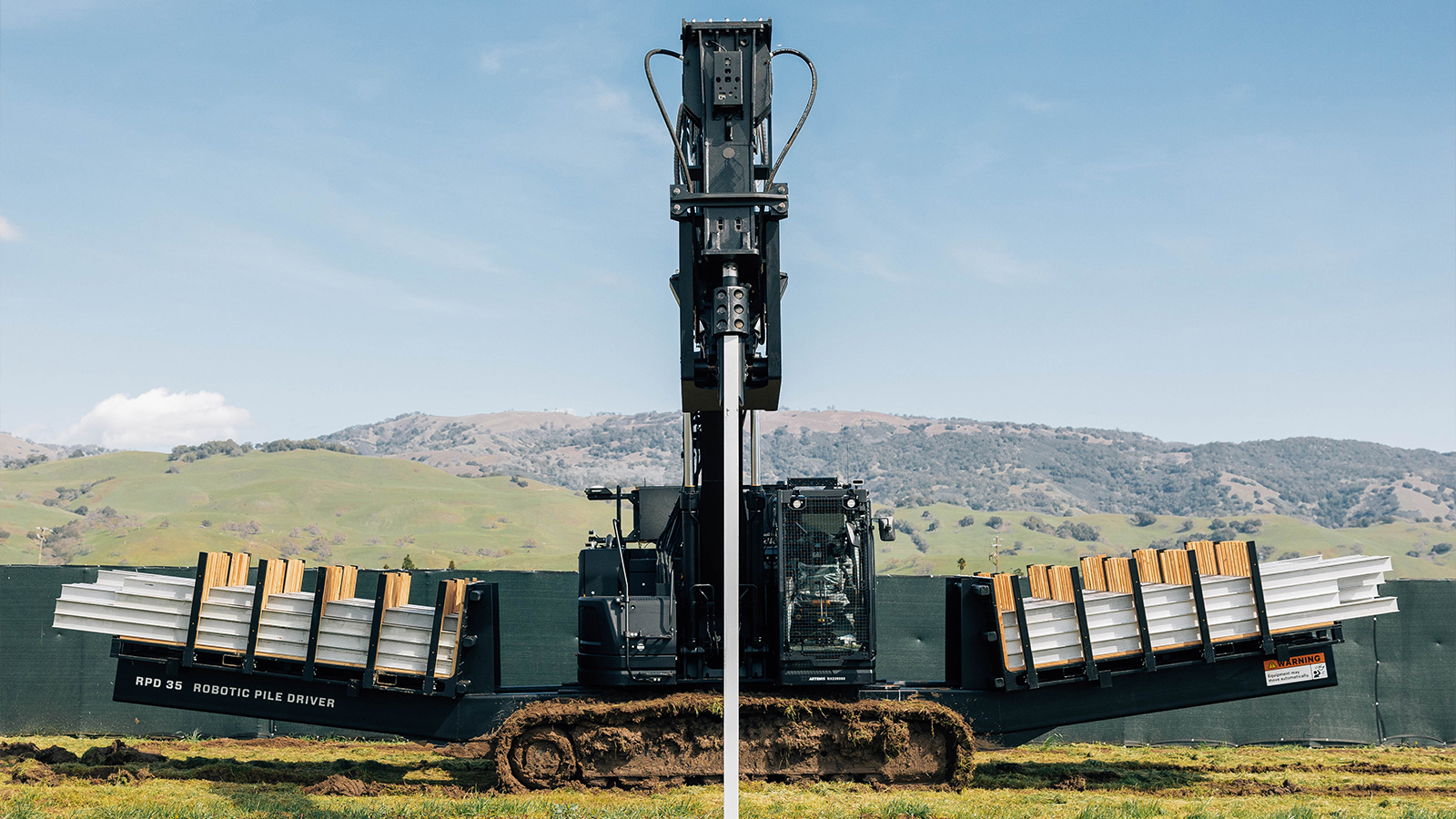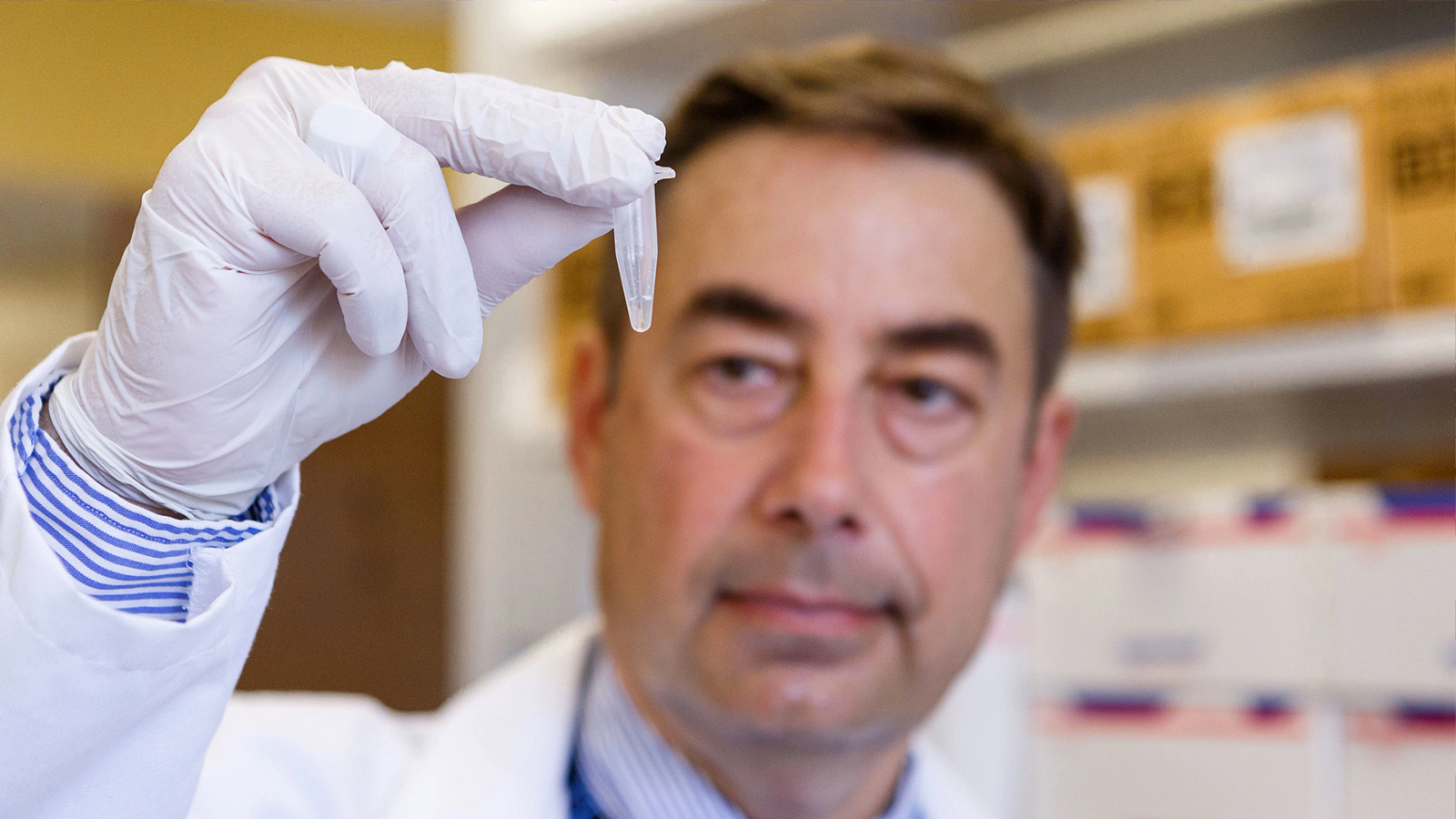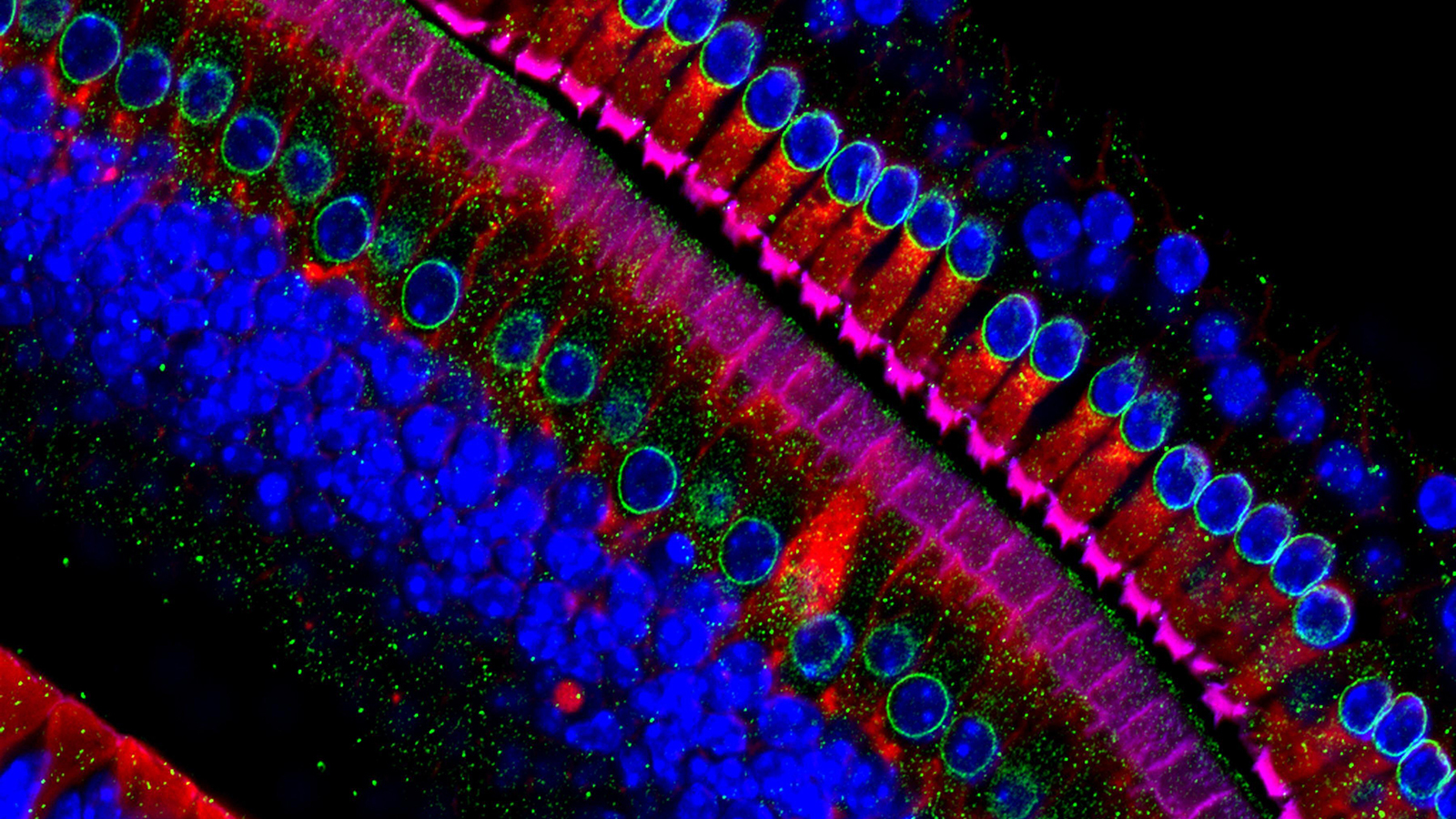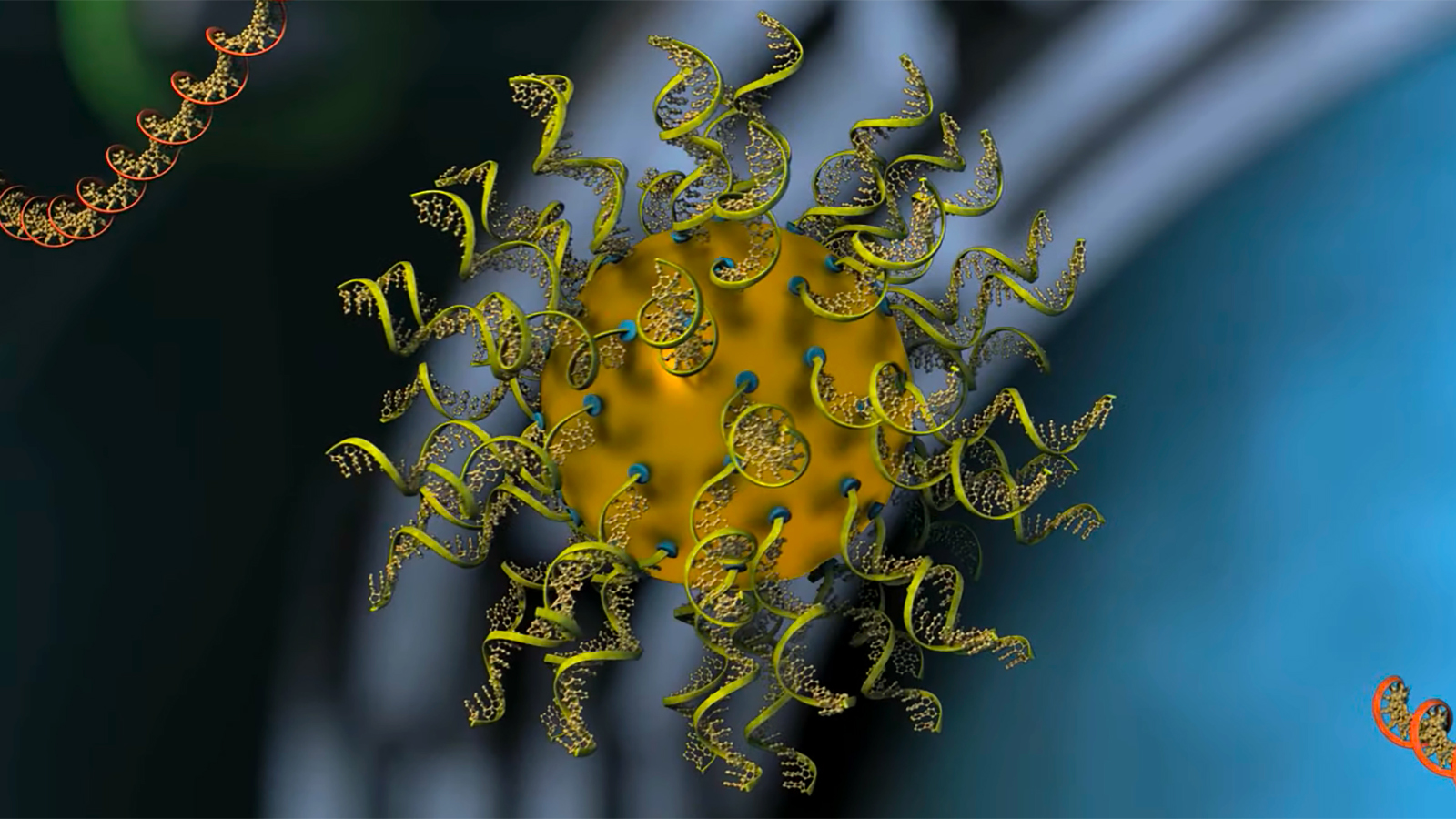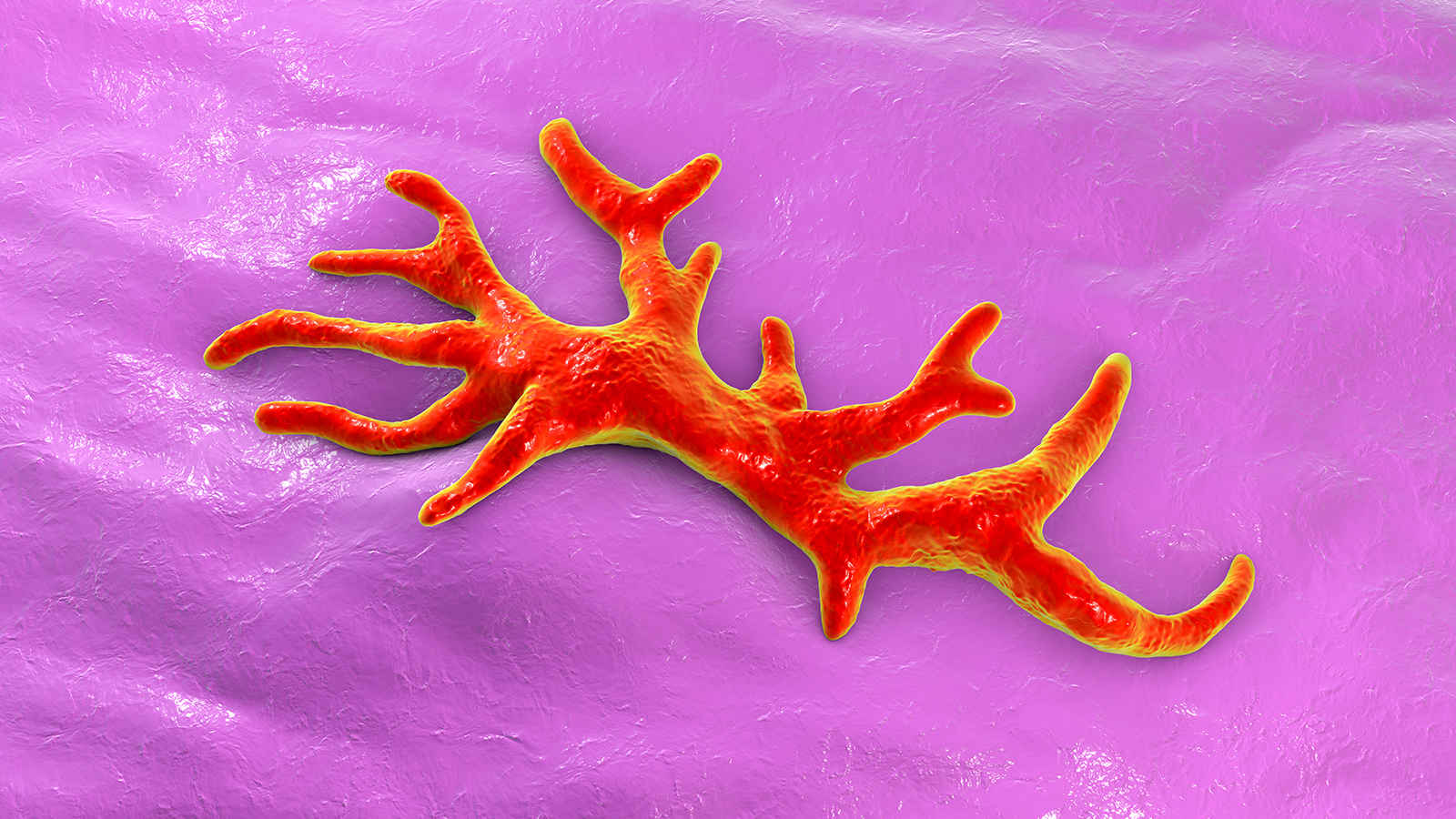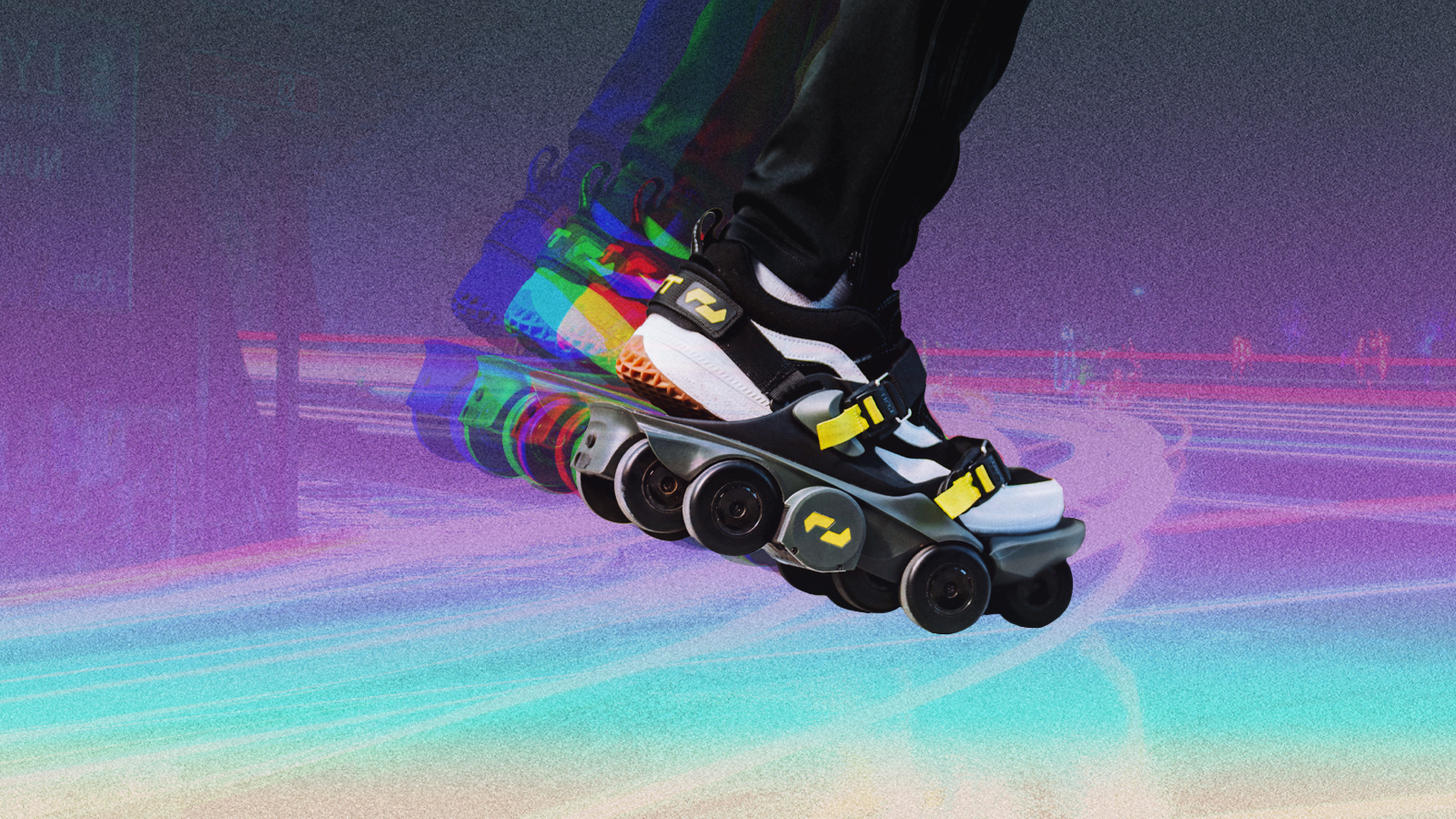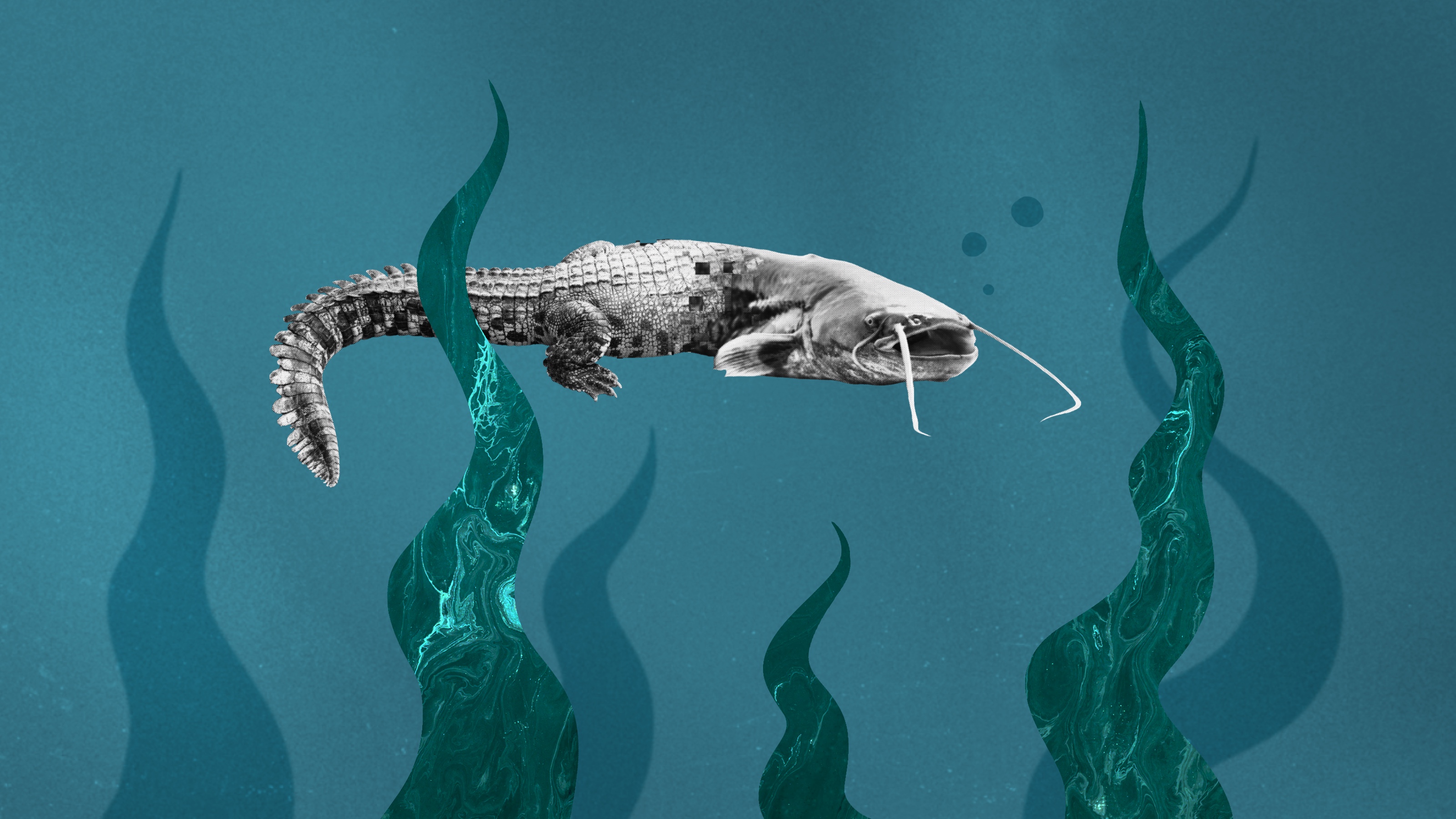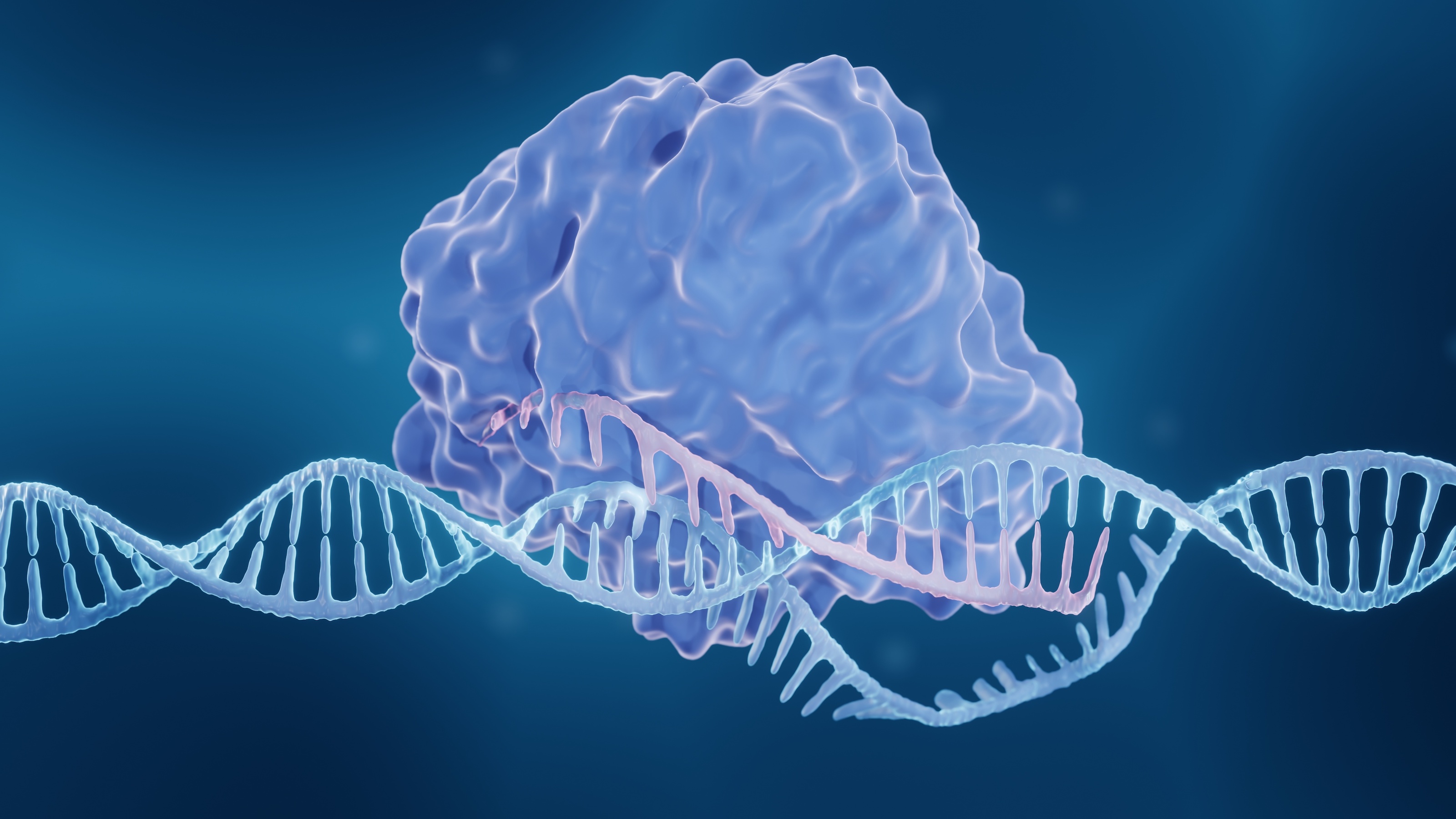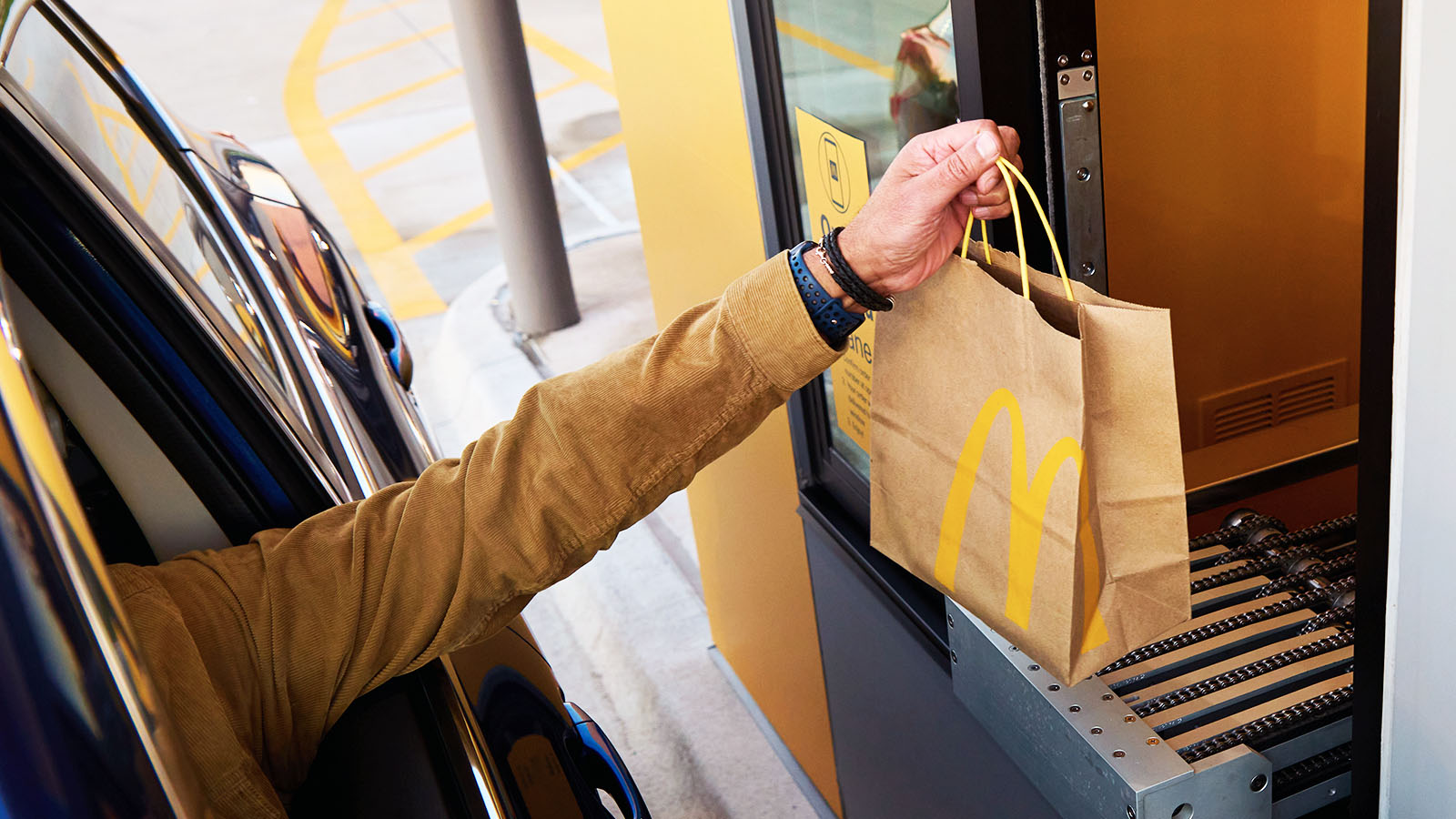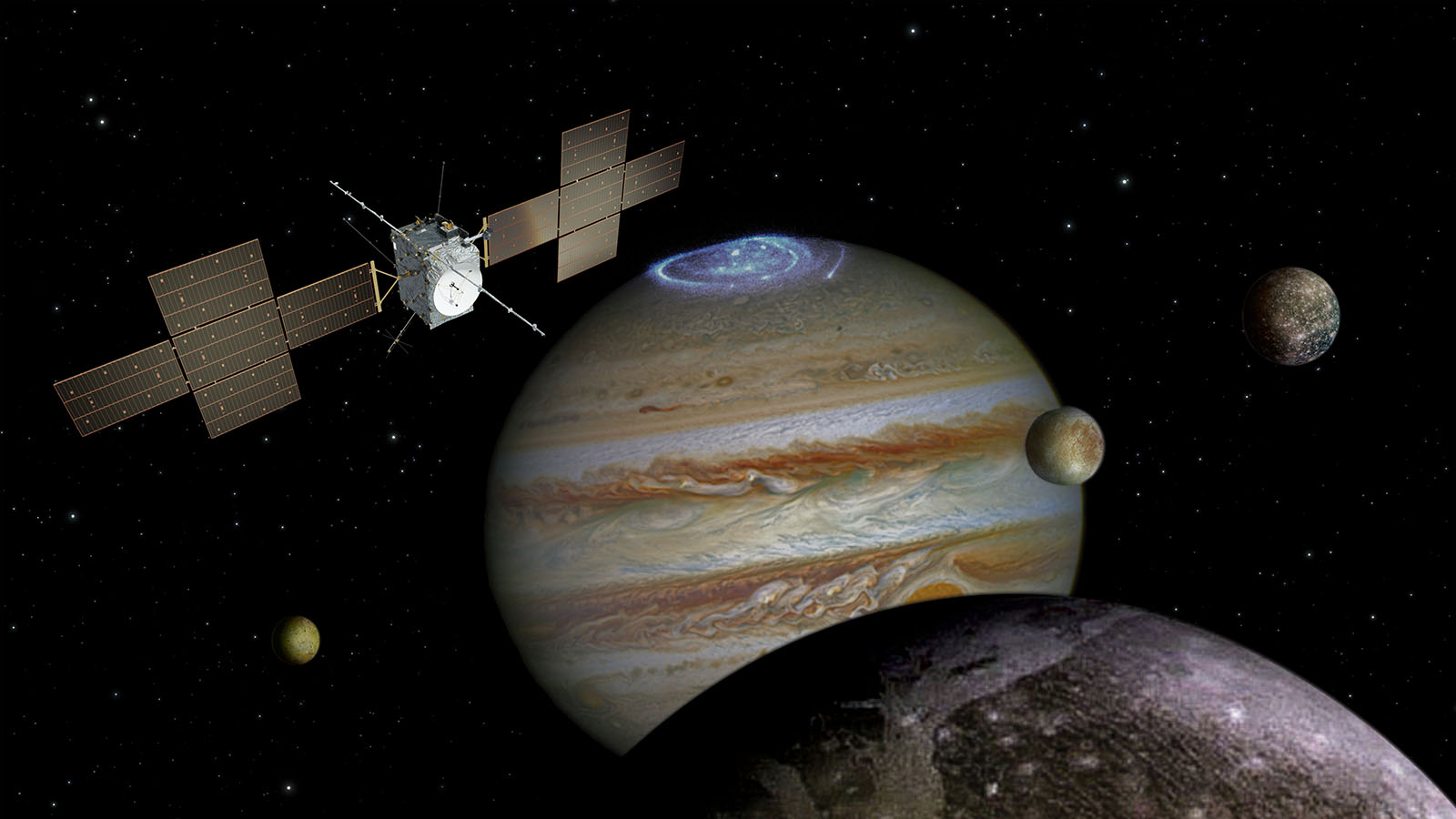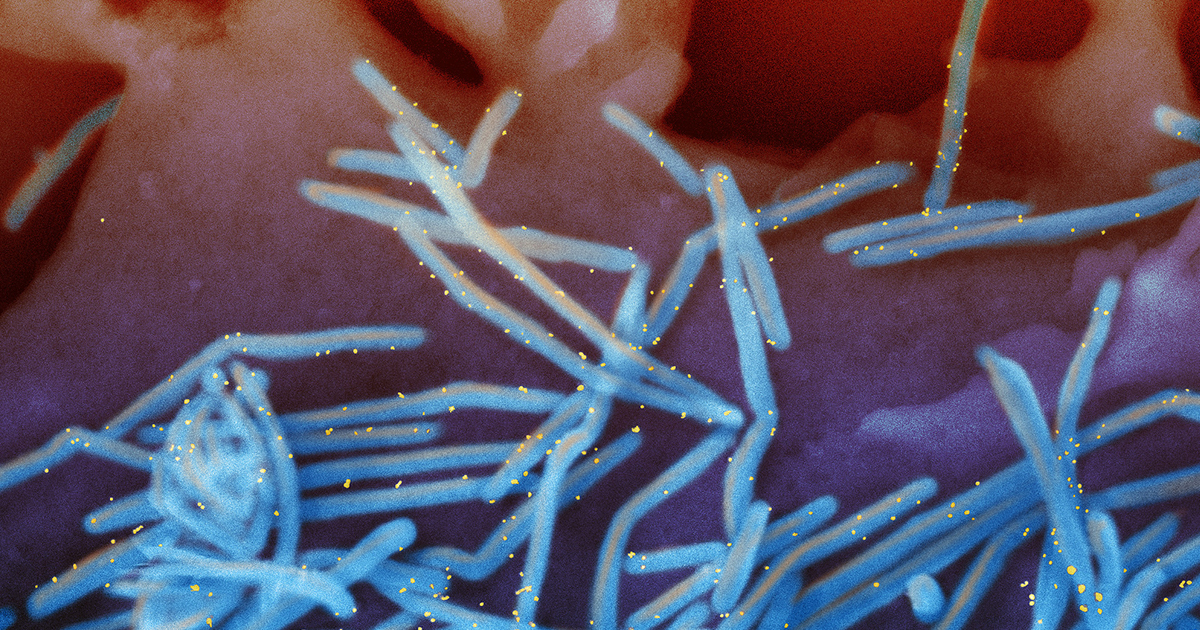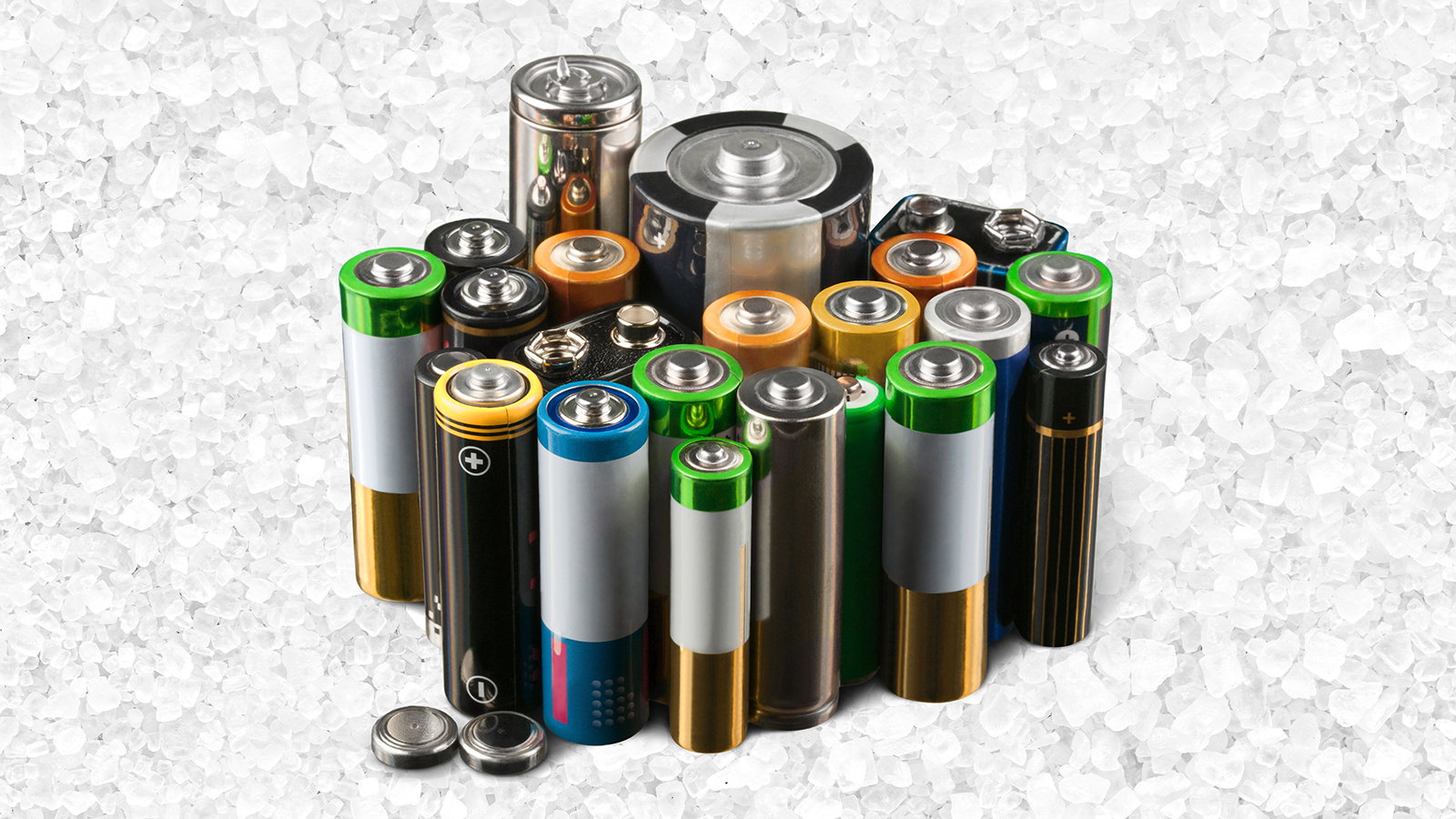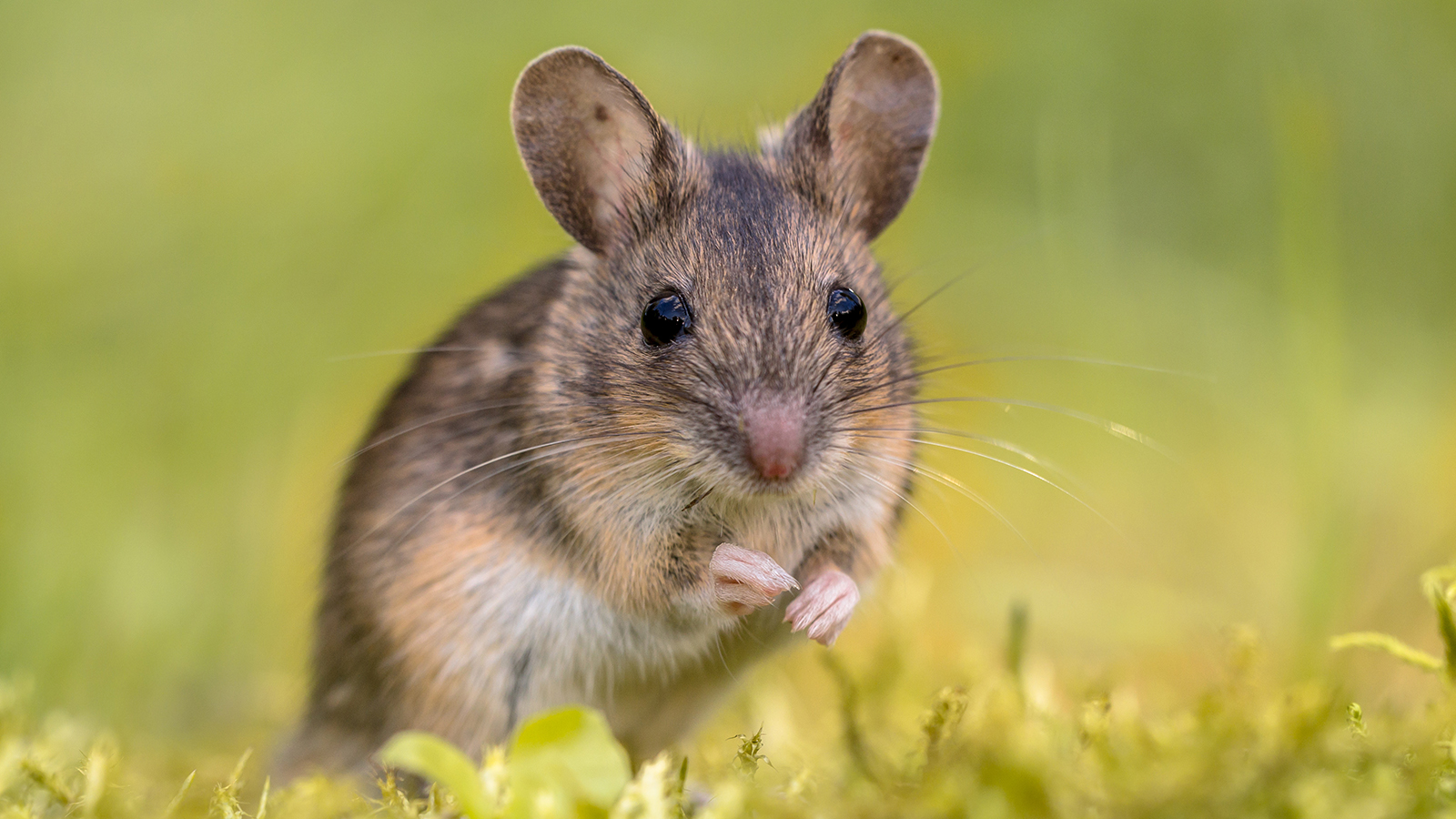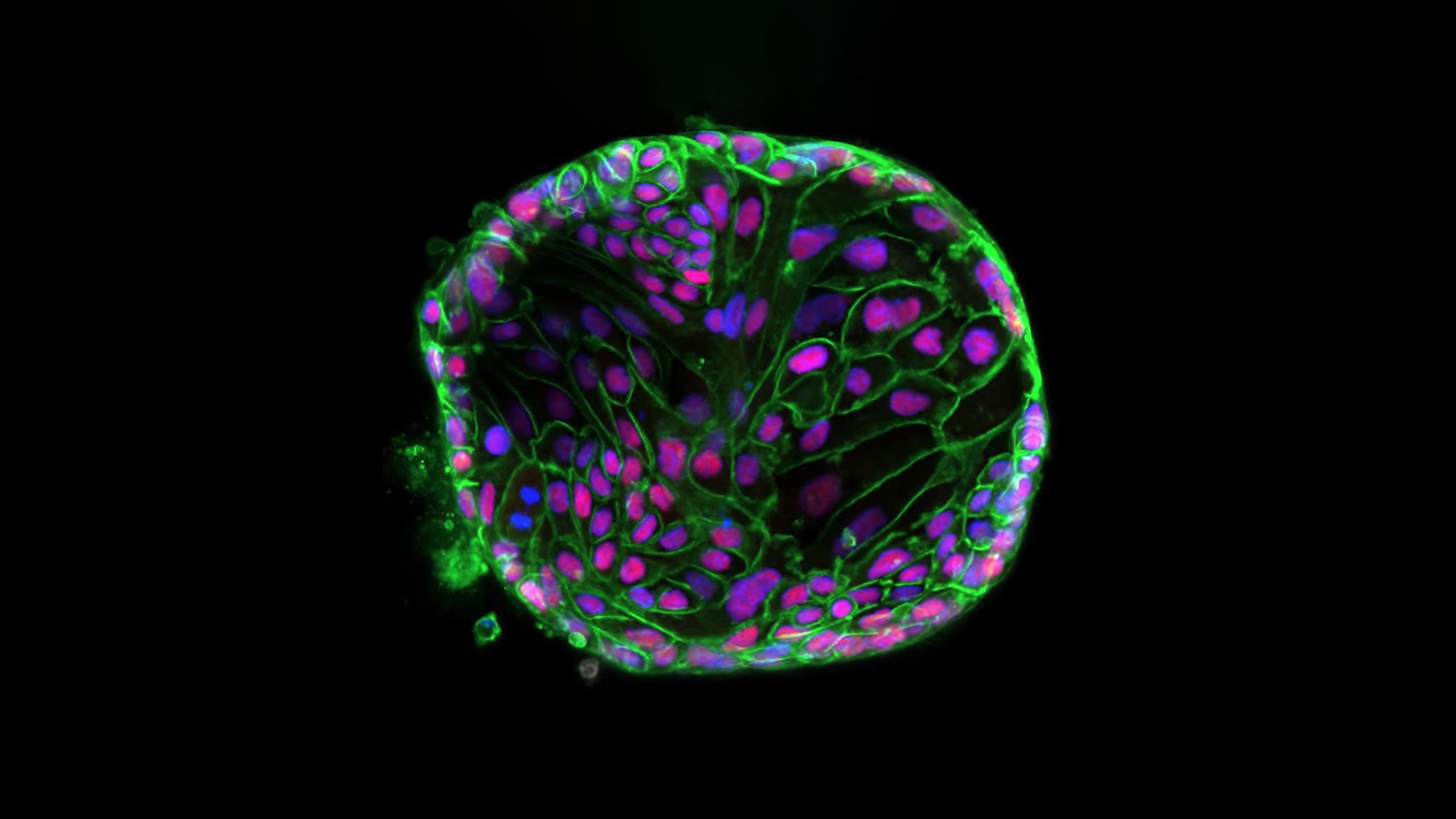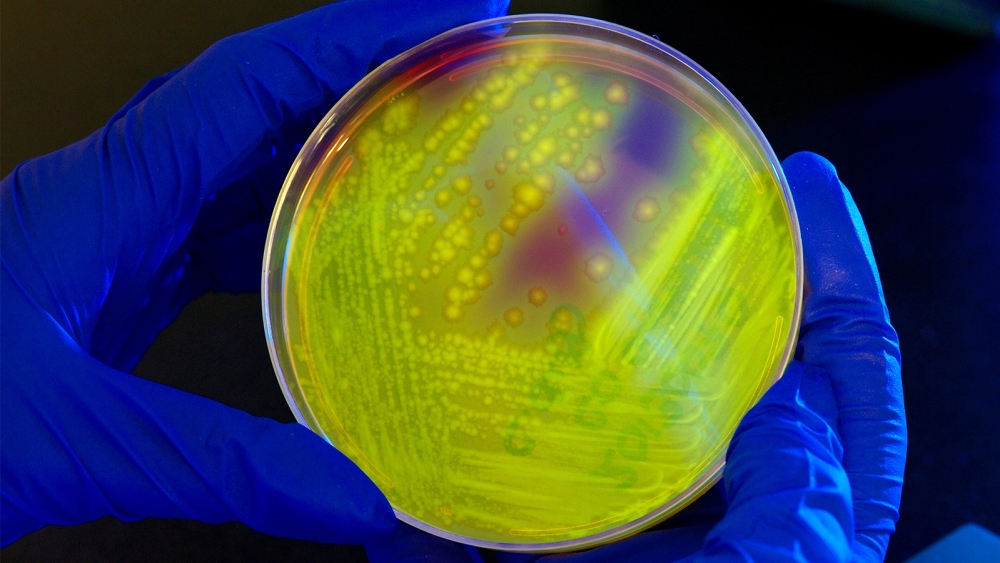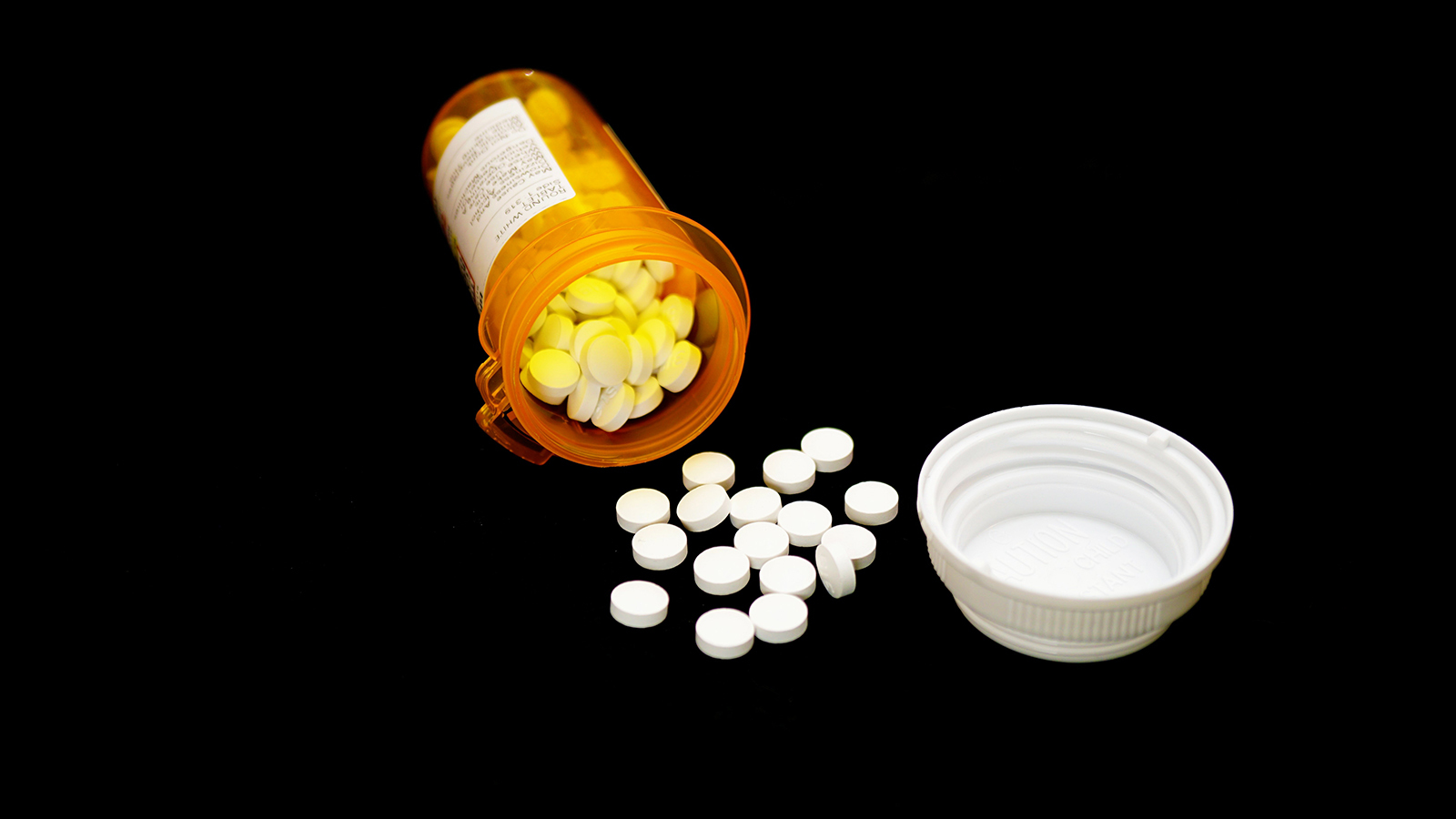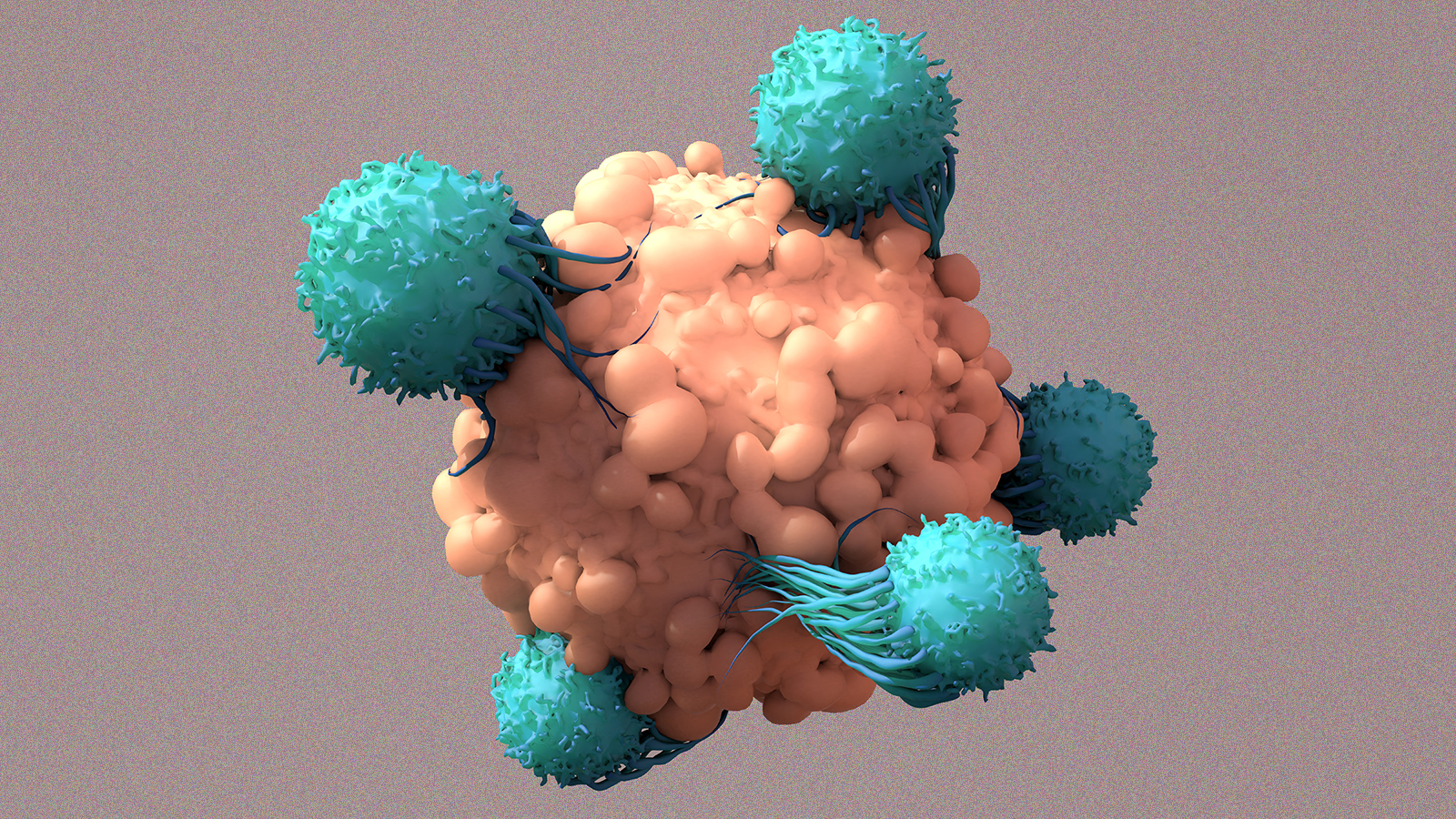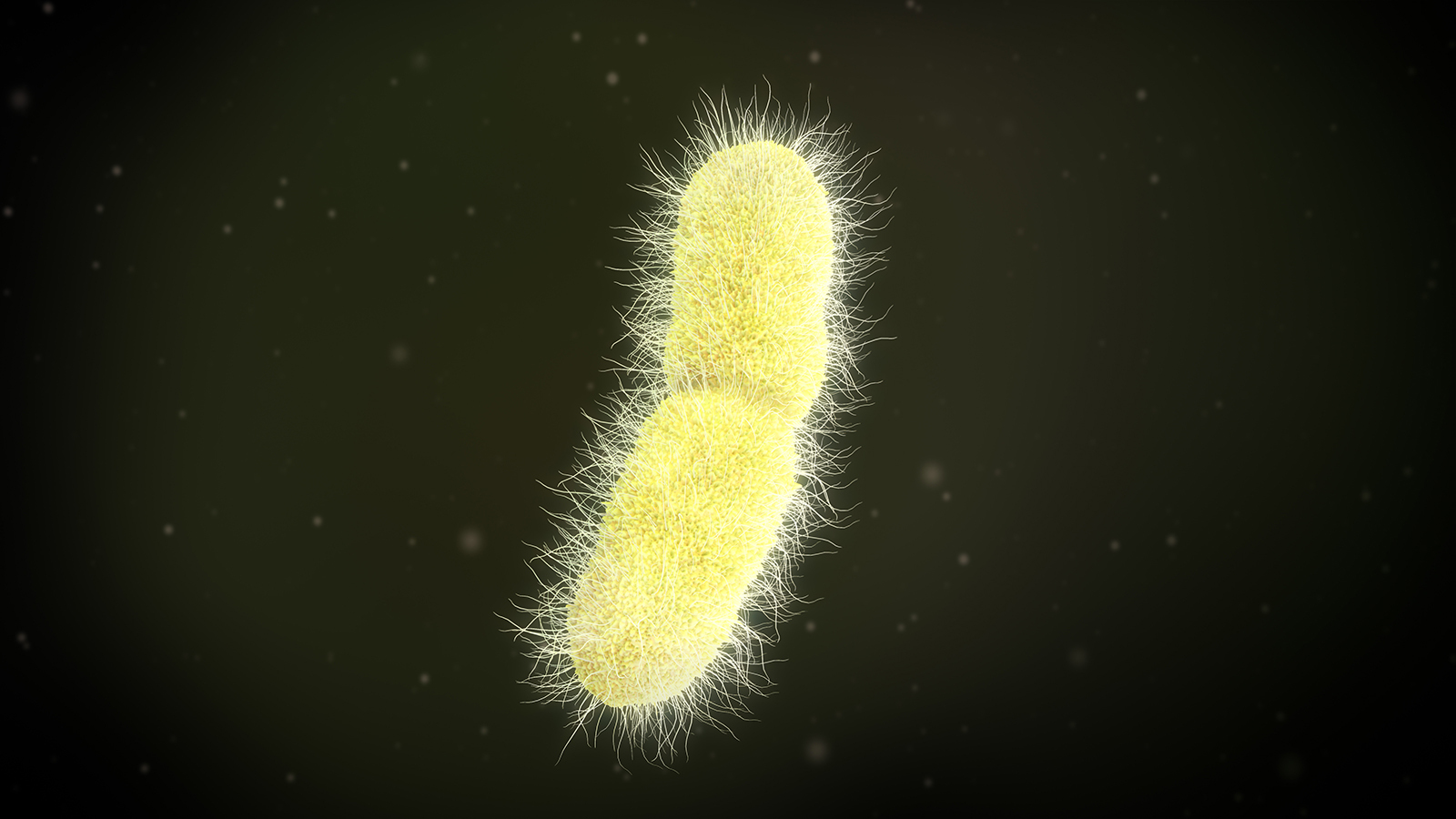Kristin Houser
Kristin Houser is a staff writer at Freethink, where she covers science and tech. Her written work has appeared in Business Insider, NBC News, and the World Economic Forum’s Agenda, among other publications, and Stephen Colbert once talked about a piece on The Late Show, to her delight.
Prior to joining Freethink, Kristin was a staff writer for Futurism and wrote several animated and live action web series.

The first-of-its-kind approval could change how we think about gene-edited foods.
The robot can drive heavy steal beams into the ground at a rate of 1 per 73 seconds, which will help expedite solar farm construction.
The discovery has enormous implications for the development of novel anti-anxiety medications.
Neuroscientists hope to learn more in the hope of finding a way to reverse dementia.
It can write 5-minute songs based on short text prompts.
Ocean fertilization is extremely controversial, but if done correctly, it just might work.
A blood test to diagnose mental illness is a “holy grail” of psychiatry.
The Apple Watch could soon take the pain out of monitoring blood sugar levels.
Baby mice can regenerate damaged hair cells — and now that we know how they do it, maybe we can, too.
“Rational vaccinology” could lead to effective cancer vaccines.
The pathogen typically kills more than 90% of people it infects.
They cost $1,400 and will make you feel like you’re always on a moving sidewalk.
One of Jetoptera’s VTOLs is expected to reach speeds of around 614 mph, about as fast as a commercial jet airliner.
Disease kills off 40% of farmed catfish. This gene protects them.
Once activated, the CRISPR-Cas12a2 system goes on a rampage, chopping up DNA and RNA indiscriminately, causing cell death.
Automation could help fix the company’s financial troubles.
The automated McDonald’s has a staff comparable to other stores. But the crew members are all focused on making and packaging orders instead of delivering them.
2023 will see the launch of new rockets, the return of OSIRIS-REx, and a mission to Jupiter that could help us find extraterrestrial life.
It was a particularly good year for biotech and medical technology. There were also notable advances in energy.
It will be able to produce 22 million pounds of cultivated meat annually.
Lithium-ion batteries pose challenges for our transition toward renewable energy. Sodium-sulfur batteries might be a solution.
Merely 256 genetically engineered mice could make an island’s pest population go extinct.
The prescription poop can correct life-threatening bacterial imbalances in the gut.
The AI is helping Twitter users plot movies, design meal plans, and more.
In an animal study, it blocked the drug from crossing into the brain.
This small phase 1 study suggests that CRISPR-engineered T cells are safe and potentially effective, but there is a long way to go.
It weakens the bacteria so that the immune system can destroy it.

